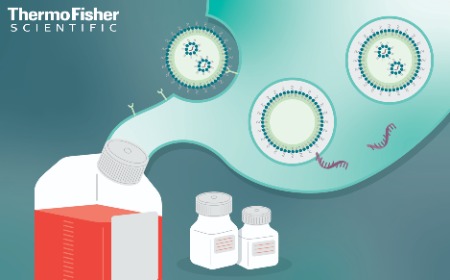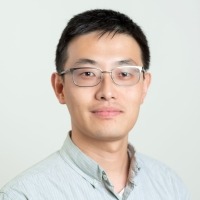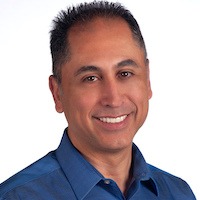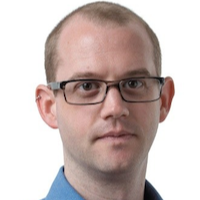Applying a closed, modular, semi-automated system to CAR T cell therapy manufacturing

Cell-based chimeric antigen receptor (CAR) T cell therapies have rapidly advanced in recent years, with a variety of targets in clinical research and several FDA approved products currently on the market. There has been tremendous effort to make CAR T cells more effective, safe, and persistent when treating patients. On the manufacturing side, however, errors, lot-to-lot variation, and contamination can be associated with open processes and manual handling of CAR T cells.
In this talk, we will discuss a closed cell therapy manufacturing workflow developed by Thermo Fisher Scientific. This GMP compliant, semi-automated manufacturing platform, which when used in combination with Gibco™ Cell Therapy System™ (CTS™) reagents, protocols, and analytics, can result in efficient, consistent, regulatory-compliant manufacture of CAR T cell product. Taken together with instrument modularity, digital connectivity, and cGMP compatibility, the manufacturing of therapeutic CAR T cells using this workflow will help enable a lower rate of contamination, less product failure, and higher product consistency.
Please join us to learn more about this workflow that combines the Gibco CTS Rotea Counterflow Centrifugation System with the CTS LV-MAX Lentiviral Production System, CTS Dynabeads, the HyPerforma™ Rocker Bioreactor, HyPerforma™ G3Lab™ Controller, and the CryoMed Controlled Rate Freezer for the manufacture of CAR T cells for clinical use.
Attendees will learn:
- The various systems needed to develop and manufacture CAR T cell therapies, and solutions for mitigating the possibility of contamination, variability, and human error
- Benefits of implementing closed, GMP-compliant, digitally connected solutions at earlier stages in CAR T cell therapy development
- The various available modular solutions that can assist in the implementation of a CAR T cell therapy manufacturing process
You might also like
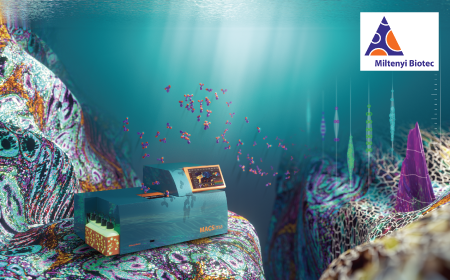
Same-section spatial multiomics: a platform for detailed analysis of the solid tumor TME
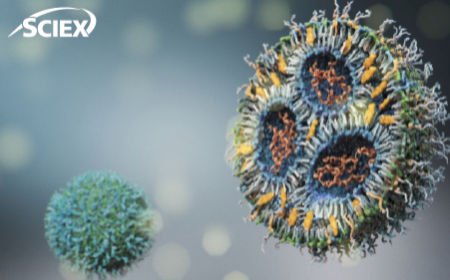
Pure and simple: understanding LNP analytics for better mRNA-based drugs
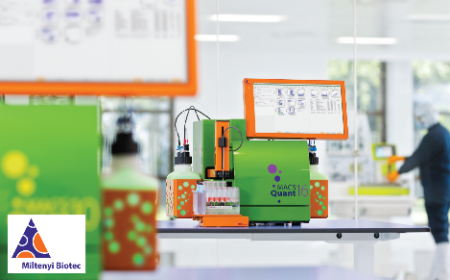
Empowering patient care: in-process and quality control solutions for cellular therapies
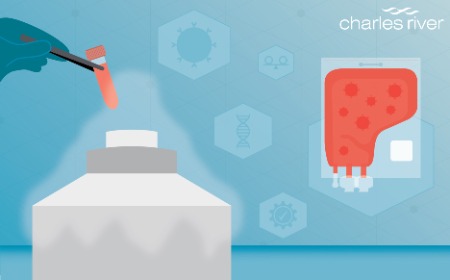
T cells from beginning to end: optimizing leukopak and drug product cryopreservation
